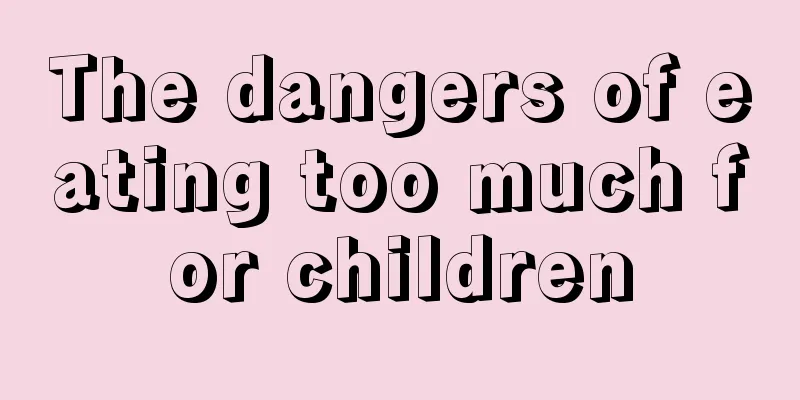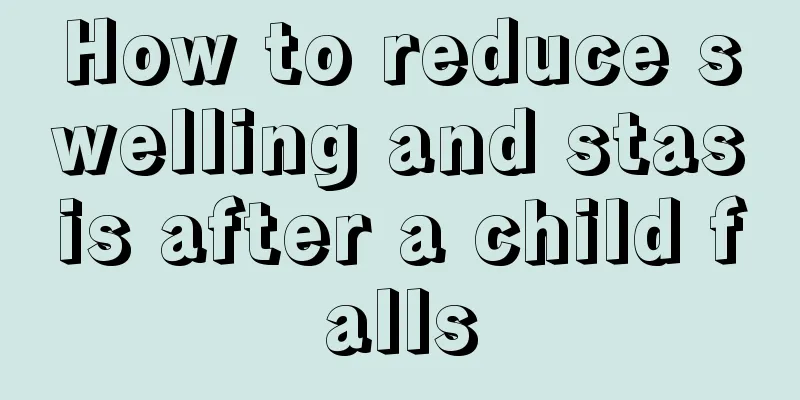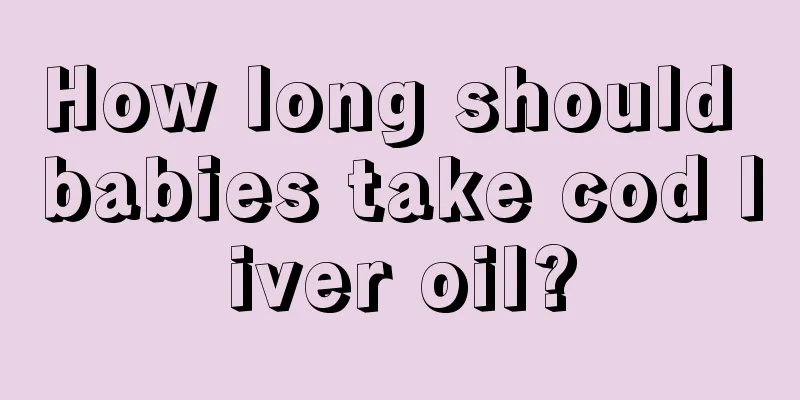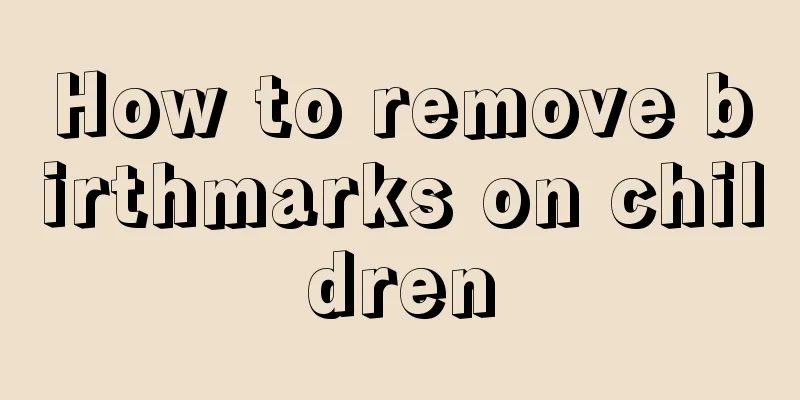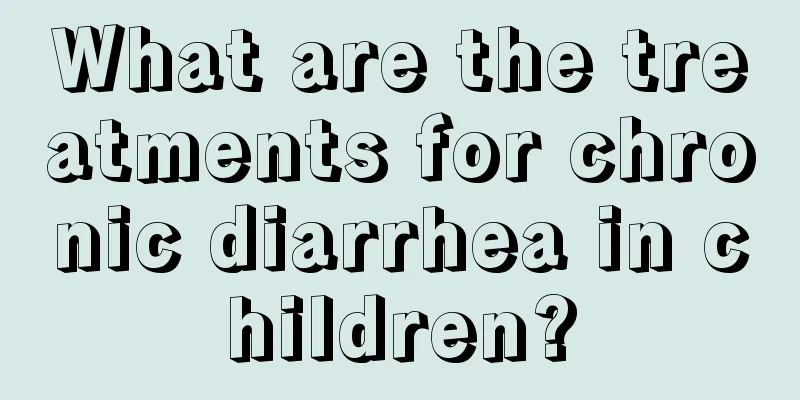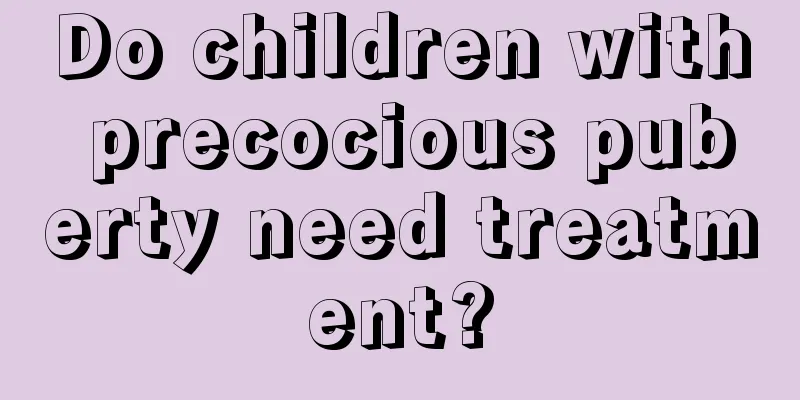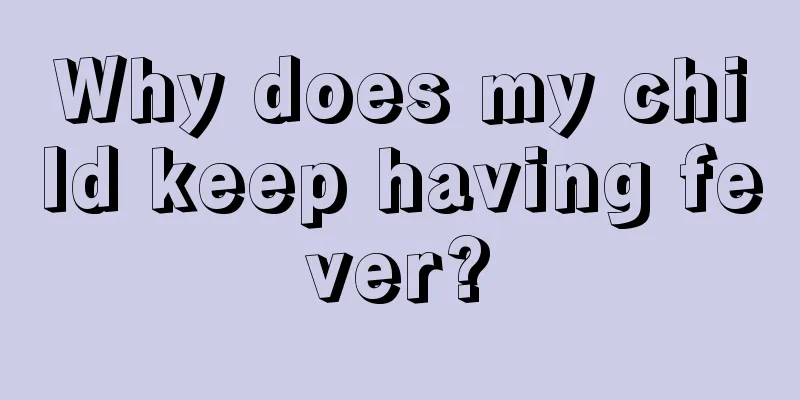Reasons for babies to have fever after receiving Japanese encephalitis vaccine
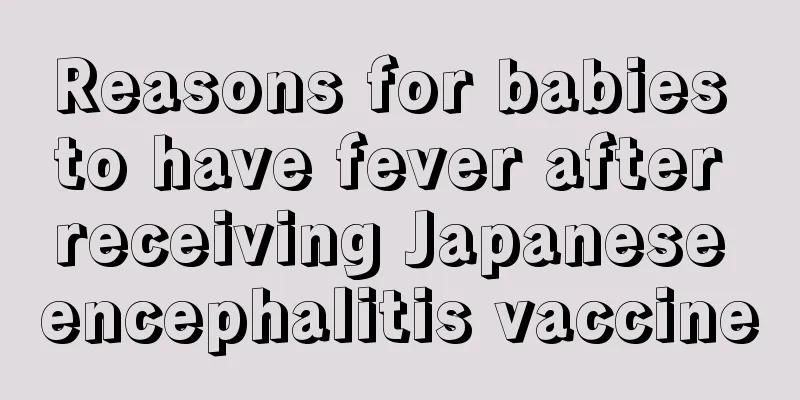
|
It is normal for babies to get vaccinated. Vaccination can effectively prevent the invasion of some serious diseases. Japanese encephalitis vaccine is one of them. Every parent needs to take their baby to get this vaccine. The most troublesome thing is that the baby has some adverse reactions. Fever is a symptom of every vaccine. Next we will introduce to you in detail the reasons why babies have fever after receiving Japanese encephalitis vaccine. Fever after receiving the Japanese encephalitis vaccine is generally a normal immune response, but parents should not take it lightly. Some babies will experience adverse reactions after vaccination and even cause irreversible diseases. Vaccines used for immunization mainly have three components: immune antigen, solution and adjuvant. Some immunizing antigens contain only a single and pure polysaccharide protein or toxoid (such as diphtheria and tetanus vaccines), while others contain complex whole-strain live viruses (such as measles, German measles, mumps, oral polio vaccines) or killed bacteria (such as pertussis vaccine). The solution used with the vaccine can be simple distilled water or saline, or it can be a tissue culture medium with more complex ingredients, which may contain some proteins, egg white antigens or other types of animal tissues (such as Japanese encephalitis vaccine), etc. In addition, a small amount of preservatives, antibiotics, and stabilizers are often added to prevent the vaccine from being contaminated and to stabilize the antigens. Adjuvants are used to enhance and prolong the antigenicity and immune efficacy of vaccines (such as three-in-one vaccines). Adverse reactions after vaccination may be related to all three ingredients. Almost all vaccines can cause a fever. Among them, the three-in-one vaccine is the most common. About half of the young children will have a fever, which usually occurs within one day and rarely lasts for more than two days. Fever from measles vaccine occurs five to ten days after vaccination. The above content is an introduction to the reasons why babies have fever after receiving the Japanese encephalitis vaccine. Fever can be treated as usual, with physical cooling and drug cooling. If the baby is sensitive to the drug, physical cooling can be used. This will not cause side effects to the child and can also reduce the harm caused by the drug. |
<<: Effects of infant vaccines
>>: Ways to improve children's memory
Recommend
Can children's convulsions be cured?
Convulsions in children are a relatively common d...
What are the symptoms of cough after a child catches a cold?
Colds and coughs are common diseases in children,...
Why does my child have frequent and painful urination?
Maybe many people have heard of the disease of fr...
What to do if your newborn baby has red spots on his face
Because the skin on the face of a newborn is deli...
Child's chest pain
Don’t think that only adults have heart problems....
What are the newborn amniotic fluid infections?
It is really not easy to conceive a baby. From th...
What are the symptoms of congenital heart disease in newborns?
Congenital heart disease is the most common disea...
Can children's myopia be cured?
If a person is nearsighted, he needs to wear glas...
What's going on when a child has a fever, a hot head, and cold hands and feet?
Children are very likely to be affected by diseas...
What is the reason why babies have pus and mucus in their stool?
As a parent, you must pay attention to some condi...
Is it good for children to take stomach-nourishing and digestion-promoting tablets regularly?
A common phenomenon among many children nowadays ...
When can a newborn baby sleep on his side?
Many parents actually don’t quite understand why ...
How much does a three-year-old child grow in height every month in spring?
Children are the most precious treasures of their...
Reasons for watery stools in newborns
The birth of every newborn brings a surprise to t...
Can middle school students wear facial masks?
Nowadays, women pay great attention to their skin...
